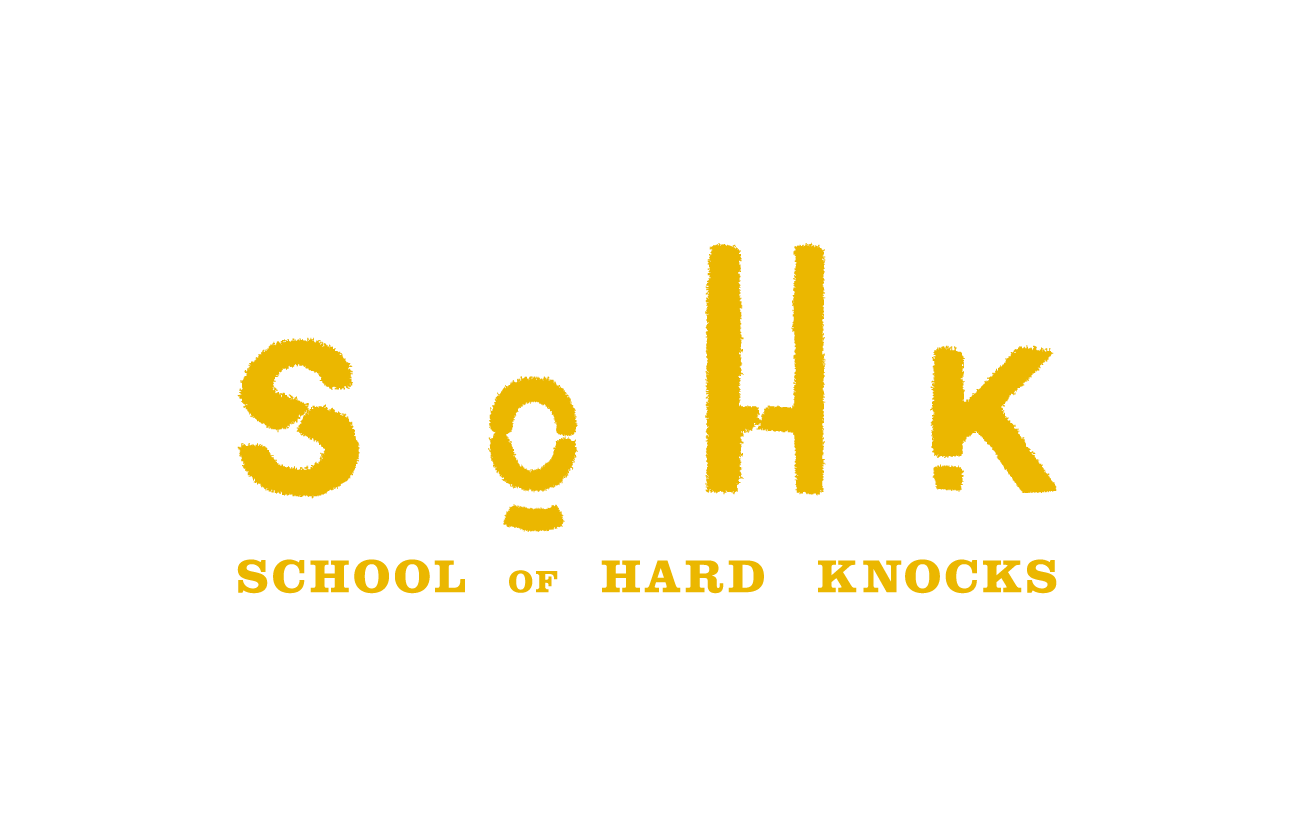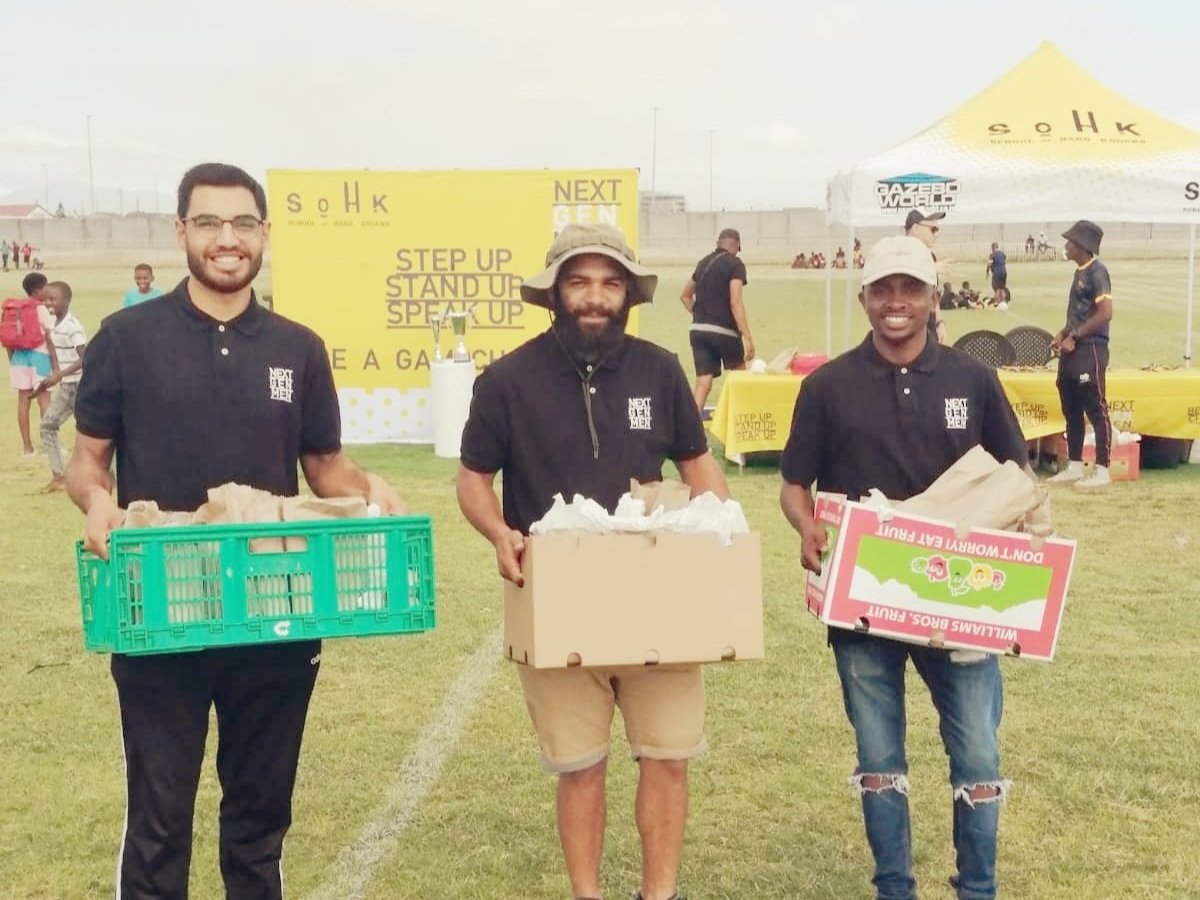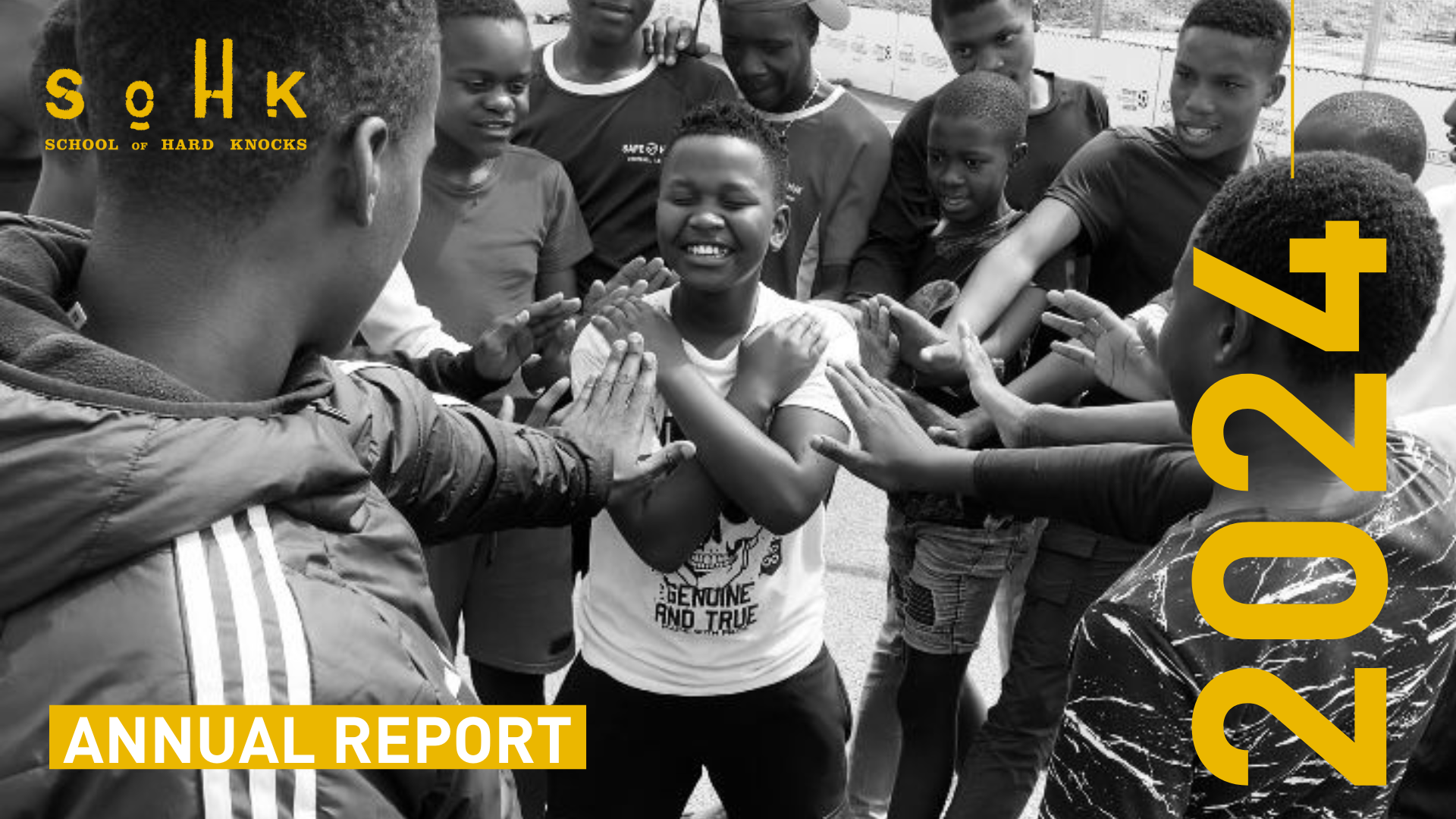You’ve probably heard the saying, “It takes a village to raise a child.”
At School of Hard Knocks (SOHK), we know it takes even more than that.
It takes consistent support, caring adults, safe spaces, trauma-informed tools, mental health interventions, and — yes — funding.
Every rand you donate isn’t just a number on a receipt. It’s a lifeline. A spark. A second chance. A future rewritten.
In this blog, we’re lifting the curtain on where your money actually goes, why your support is vital, and what kind of real-world impact you’re making when you choose to back SOHK.
Because when you give to SOHK, you’re not giving to a programme — you’re giving to a person.
Who Are We Helping?
Our work focuses on learners in no- and low-fee government schools across Cape Town, South Africa. These are schools where resources are stretched, trauma is common, and learners face challenges most adults would struggle to survive.
We work with:
Adolescent boys growing up in violent communities, pressured to "act tough" even when they’re hurting.
Girls and young womxn carrying the weight of caregiving, harassment, shame, and emotional exhaustion.
Entire classrooms full of children struggling with anxiety, depression, grief, and low self-worth — often silently.
Educators and staff who are doing their best but are overwhelmed, under-trained in trauma, and under-supported.
These learners aren’t just in need of academic support. They need mental health care, emotional safety, role models, structure, and belief. That’s where your donation steps in.
What We Offer (That Your Donation Supports)
Every programme we run is holistic, trauma-informed, and heart-led. We don’t just teach — we build relationship-based interventions that change lives.
Here’s a breakdown of the key initiatives your donation funds:
Mental Health & Emotional Literacy Sessions
Through group work and one-on-one lay-counselling, learners receive:
Safe spaces to talk and process
Psycho-education about trauma, identity, emotion regulation, and self-esteem
DBT-informed tools to manage distress, anger, and anxiety
Validation for their lived experiences — many for the first time
What your donation covers: Training facilitators, materials (workbooks, journals), transportation, and stipends for staff to deliver weekly sessions year-round.
Sport-Based Life Skills Coaching
We use rugby as a metaphor and medium for growth. Every week, learners participate in sessions that teach:
Teamwork and resilience
Emotional regulation through movement
Leadership and accountability
Positive masculinity and cooperation
What your donation covers: Coaching staff, equipment, training kits, venue access, water and transport to and from training grounds.
NxtGenWomxn: Empowering Young Girls
A 6-week journey rooted in emotional literacy, boundaries, self-worth, consent, and resilience. We help girls explore:
Body image
Mental health
Goal setting
Sisterhood and solidarity
What your donation covers: Facilitator training, DBT worksheets, snacks for sessions, follow-up resources, and support circles.
NxtGenMen: Redefining Healthy Masculinity
A powerful 6-week intervention teaching boys how to:
Express emotions without shame
Unlearn toxic masculinity
Prevent gender-based violence
Build empathy and emotional regulation
What your donation covers: Role play scripts, printed handouts, facilitator support, and mentorship follow-ups.
Safeguarding & Referrals
We don’t do this work alone. Our safeguarding officers connect learners with:
Social workers
Trauma therapists
Food and housing support
Academic catch-up programmes
What your donation covers: Phones, data, printing referral letters, transport for urgent cases, and time spent coordinating care for high-risk learners.
How Much Does It Really Take?
To give you full transparency, here’s a breakdown of some real SOHK costs:
Item Cost (ZAR)
One learner’s full-year mental health support R2,800
Weekly transport for one team of learners R750/month
Training one community coach R6,000 once-off
One set of rugby balls, cones, bibs, kits R2,500
Printing DBT materials for 30 learners R850
Emergency referral support per high-risk case R500–R1,200
Monthly stipend for a community facilitator R3,500
That means even a R100 donation goes a long way.
What Happens When You Give
When you donate to SOHK, you create actual transformation. Here’s what your money becomes:
✅ A girl learns how to say no, set boundaries, and feel proud of her body.
✅ A boy discovers that crying doesn’t make him weak — it makes him human.
✅ A teenager in crisis gets connected to a social worker who ensures she’s safe.
✅ A teacher feels supported by trained SOHK staff instead of carrying everything alone.
✅ A classroom becomes more peaceful because learners have tools, language, and trust.
That’s what your donation does.
It doesn’t just “support programming.”
It breaks cycles. It saves lives. It builds futures.
How You Can Give (and Stay Connected)
Ready to make an impact? Here’s how to donate today:
🔗 Visit: www.schoolofhardknocks.co.za/donate
EFT or SnapScan: Safe, quick, and secure
Monthly Giving: Become a consistent supporter (even R100/month makes a difference)
Corporate Sponsorships: Email info@schoolofhardknocks.co.za to fund a school, team, or programme
In-Kind Support: Equipment, printing, transport, or venue access? Let’s talk.
Make your donation today.
Change one life.
Change many.
Would you like this turned into a donor PDF, Instagram carousel, or campaign email series next?







